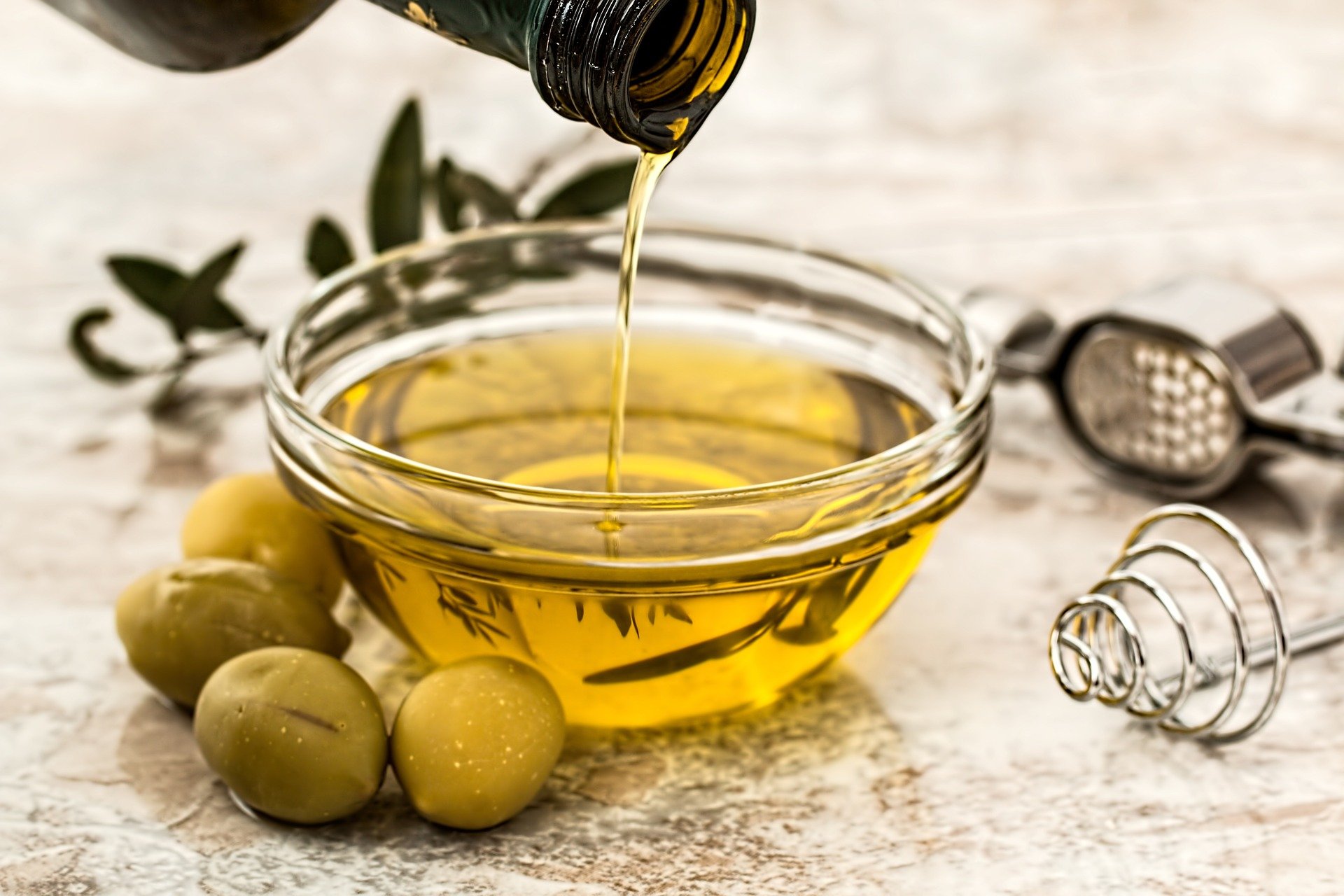
Why are some health-conscious people rejecting canola and other genetically-modified oil? Is there real science behind the counter-canola craze, or is it just another dieting fad?
According to Harvard expert Guy Crosby, soybean, canola, palm, and corn oil are the top four vegetable oils consumed in the United States. These oils are referred to as refined, bleached, deodorized oils (“RBD”), which describes the process by which they are manufactured — and they aren’t just in your curly fries. They’re in everything from bread, to pre-cooked chicken, as well as desserts and snacks. Even many avowed health products, like protein powder, are produced with one or more of these oils.
In the 50 years since canola oil was invented by Canadian scientists by genetically modifying the rapeseed plant to be edible by human beings, the product has been touted for its health benefits. This is due to its low saturated fat content. Saturated fats are what most nutritionists consider the “bad fats,” because they have been shown to increase overall cholesterol levels, especially LDL (low-density lipoprotein), the bad cholesterol. While naturally-occurring fats like butter contain 7.2 grams of saturated fat per tablespoon, canola boasts a mere 1.7 grams. For this reason, among others, many manufacturers who hadn’t already switched to canola and other GMO—genetically modified organism—oils had good reason to in 1990, when the FDA required nutrition labels on all packaged and sold food. With it’s low percentage of saturated fats, canola oil appeared to be healthier.
Yet canola and other genetically-produced oils have been connected to long-term ailments which the FDA-approved label doesn’t show, according to some nutritionists.
Catherine Shanahan, author of “Deep Nutrition: Why Your Genes Need Traditional Food,” argues that the modern diet is the real root cause of many of the diseases we believe are incurable — including cancer. Among other diet recommendations, Shanahan advocates cutting all vegetable oils and most sugar from your diet.
While they are low in saturated fats, Shanahan explains that “vegetable oils contain mostly heat-sensitive polyunsaturated fats. When heated, these fragile fats turn into toxic compounds including trans fat” — the worst kind of dietary fat. Since vegetable oils are most often used in frying, baking, and cooking, the touted “low” saturated fat option is not what it says on the tin.
Cooking with vegetable oil also destroys complex nutrients in the foods you cook with it. Vegetables, when cooked in canola oil, lose many of the vitamins and antioxidants they usually carry. Moreover, cooking vegetable oils creates thousands of free radicals.
“Chemists call this series of reactions a free radical cascade,” Shanahan says. “Free radical cascades damage normal PUFAs (polyunsaturated fats), turning them into ugly molecular ghouls (the Zombie effect). Just a little MegaTrans in the bottle of canola oil can become a lot of MegaTrans after you—or the cereal/donut/ frozen dinner manufacturers—cook with it.”
These free radical cascades harden arteries and damage other bodily tissues, generating inflammation and interfering with normal metabolic function.
Trans fats can also hurt your heart. Full of free radicals, they “attack the nitric oxide signal that arteries send when they sense oxygen levels are low,” Shanahan explains. Without that signal, muscles won’t get the oxygen they need to survive and stay active. More active muscles, like the heart, are particularly at risk, she says.
Many of these “evil oils,” like canola, are produced from the rapeseed, which harbors toxic compounds called erucic acid and glucosinolates in its natural form, according to Healthline. The plant was genetically modified in the 1970s to be edible, but it still doesn’t produce oil without first undergoing a seven-step process. The rape seeds are cleaned, cooked, pressed, and chemically broken down with the aid of hexane, before the oil is ultimately extracted. Afterward, the canola meal is heated a third time, to remove the hexane through steam exposure.
Some nutritionists cite hexane remainders as a reason enough to avoid vegetable oils, but this isn’t the worst of it, according to Shanahan. The oil itself that is produced in these processes is nothing more than “a chemical residue leftover from industrial farming, perfectly engineered to prevent our cells from functioning the way they should,” she writes.
The results of consuming these oils range from acne, to cancer, to birth defects, clogged arteries, and even erectile dysfunction. After eating french fries from week-old frying oil (frying oil is commonly reused for countless batches of fried food), subjects in a New Zealand study were found to have barely-dilated arteries even four hours later. The oil produced lethargy and blood vessel dysfunctioning.
Vegetable oil consumption is also a leading cause of acne, Shanahan says.
“White blood cells mistake oxidized oil for the fatty acids that coat the surface of invasive bacteria, and squads of white blood cells rush to the scene. And as you know, they show up swinging and strike at everything within reach. The acne lesion swells and reddens,” she writes.
Such acne, she says, is an inflammation generated “not by infection but by oxidized oils.”
Consuming vegetable oils may even harm your children. An overabundance of free radicals, also known as “oxidative stress,” can disrupt hormone production and interfere with hormonal responses, according to a 2007 article in Genes to Cells. In 2006, a blood test of mothers whose babies were born with congenital spinal and heart defects showed evidence of oxidative stress in the mother.
What are the alternatives? Shanahan and other nutritionists advocate for “traditional dieting,” or returning to natural foods, like butter, which are far lower in polyunsaturated fats.
Shanahan also suggests a simple metric for remembering which oils are “evil” — if it produces oil on it’s own (like olives, peanuts, and coconut), it’s OK. If not, it’s only suitable for machines.

